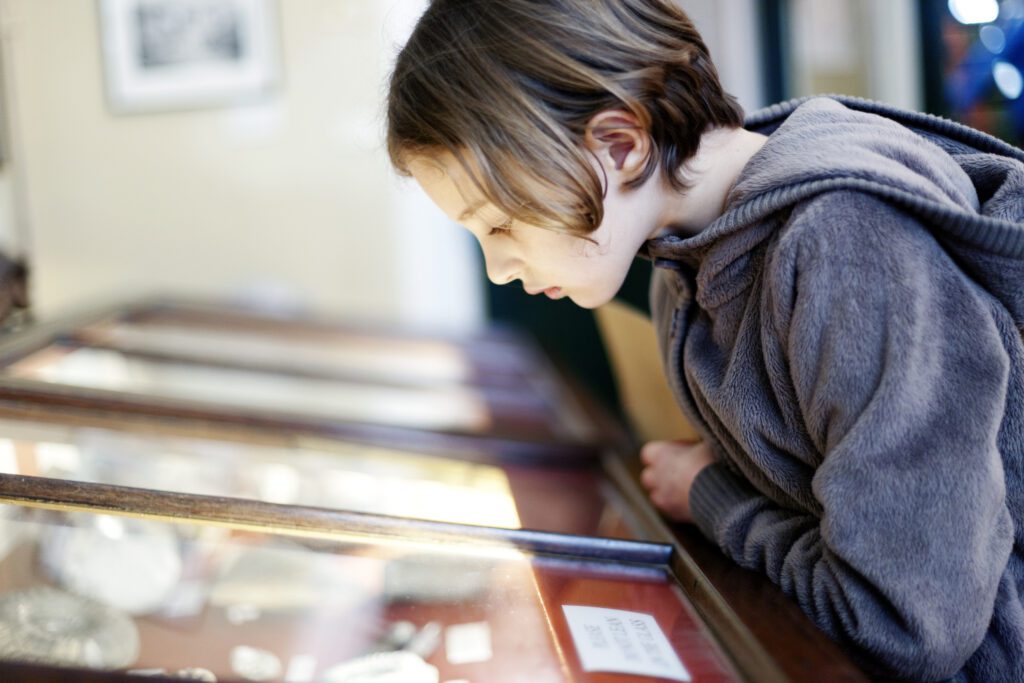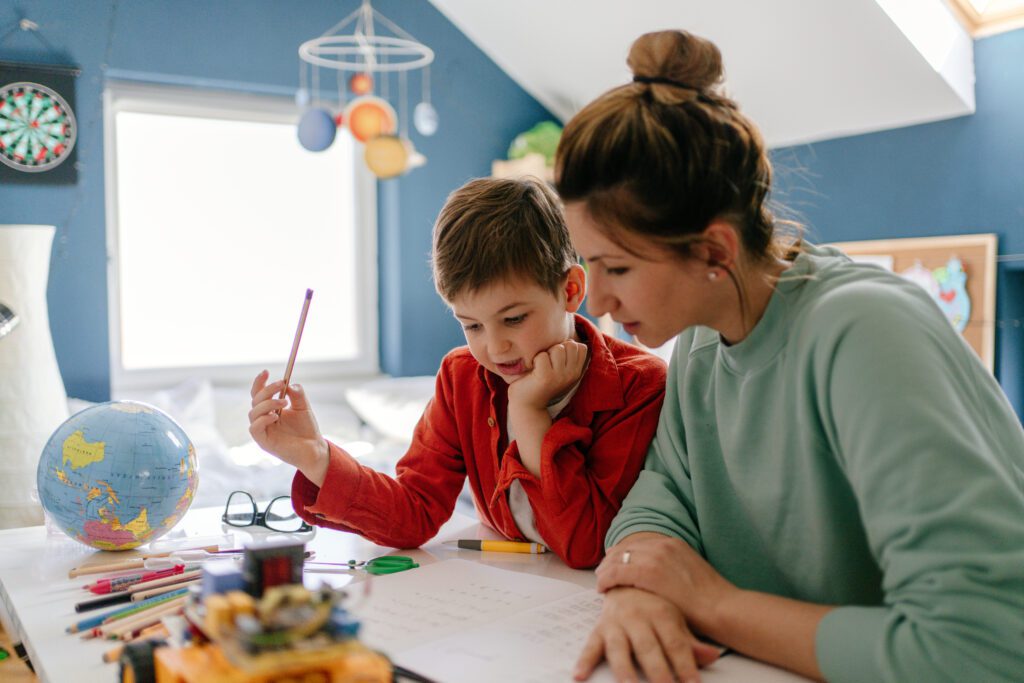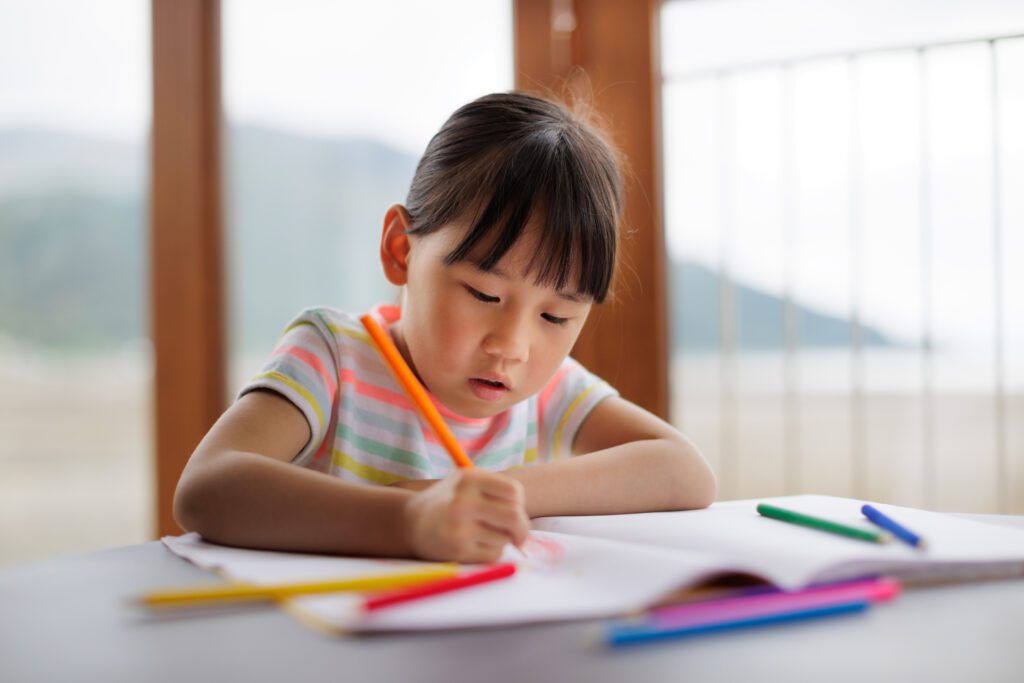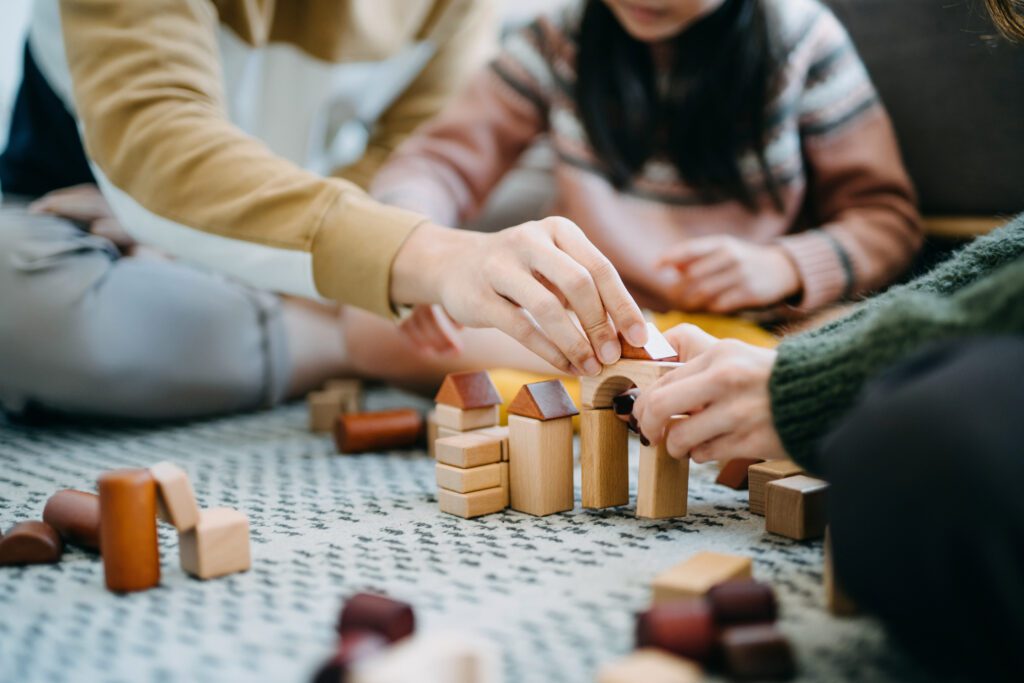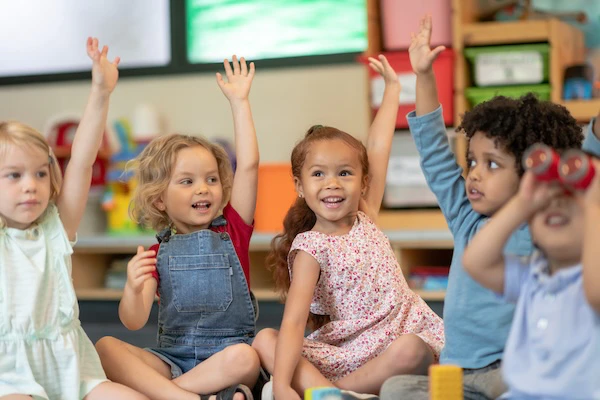

Understanding the Early Years Foundation Stage – The Basics
Share
If you wonder what the EYFS encompasses, what it is based on or what the goals are, then we have some of the answers to your questions.
If you have children under 5 and live in the UK or are an early years professional/educator working in the Early Years Sector then the letters EYFS will be familiar to you. The Early Years Foundation Stage is the framework and standards which school and childcare providers must meet for learning, development and care of those under 5. The EYFS guidelines are followed by all Ofsted registered settings and in Scotland they have an equivalent EYFS framework.
All practitioners working in Early Years settings must follow the statutory framework for EYFS. Early years settings and providers include day nurseries, pre-schools, holiday playschemes, childminders and childcare in your own home.
This guide is about gaining a basic understanding of the EYFS and how it relates to your child’s learning or a child in your care.
EYFS framework is based on four principles:
- Every child is unique, is constantly learning and can be resilient, capable, confident and self-assured
- Children learn to be strong and independent through positive relationships
- Children learn and develop well in enabling environments, in which their experiences respond to their individual needs and there is a strong partnership between practitioners and parents and/or carers and
- Children devlop and learn in different ways and at different rates.
The framework covers the education and care of all children in early years provision, including children with special educational needs and disabilities. Using an integrated approach to learning, the EYFS framework allows educators to use the common principles to give all students a quality education.
The EYFS principles aim to foster children who are:
- Strong - understanding who they are, developing a sense of self assurance and learning to belong
- Skillful Communicators - learning to talk as well as listen.
- Competent Learners - developing creativity and imagination.
- Healthy - keeping mind, body and spirit happy and healthy.
The Areas of Learning and Development
Three Prime Areas of Learning
Personal, Social and Emotional Development
Aiding a child in developing a sense of self, encouraging the formation of positive relationships, social skills, and self confidence.
Communication and Language Development
Developing a child’s confidence in the way they express themselves, through all mediums of communication, including written and spoken word.
Physical Development
Focusing on coordination, movement and manipulation, as well as encouraging healthy lifestyle choices.
Four Specific Areas of Learning
Literacy
Encouraging children to link letters and sounds and introducing them to a wide variety of materials and topics.
Mathematics
From counting to calculating simple sums, and describing shapes and spaces to understanding how we use numbers in daily life.
Understanding the World
Through observing the people, places and things around them, children explore and discover the world.
Expressive Art and Design
Curiosity and play are ingrained in learning, providing children with the opportunity to be creative and learning to express themselves through more than just words.



